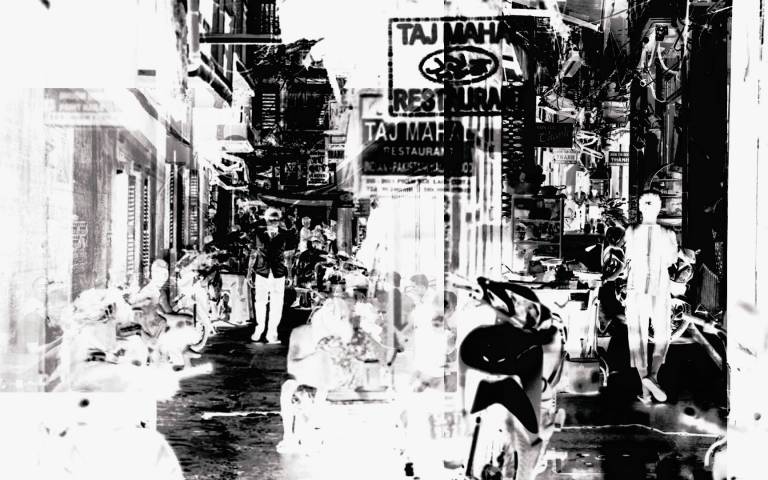 Research
Research

Subject
Collective Memory in Informal Public Space: From memory to spatial behaviours and spatial identity in transitional Vietnamese society
First and second supervisors
Abstract
In recent years, a more localized and culturally contextualized approach in the studies of Asian urbanity has been called to shed light on a ubiquitous but overlooked phenomenon in many Asian cities: urban informality. Unlike the design of formally planned public spaces, the formation of informal public space (IPS) in Vietnam from the very beginning has been rather a production of the locality from the quotidian life. It is not just a spontaneous phenomenon but rather a liminal space presenting the historical-cultural dimensions of Vietnamese urbanism.
This research contributes initial speculation into exploring the spatial behaviour and spatial identity of transitional Vietnamese society through collective memory in IPS. IPS is a controversial term that can be interpreted in various ways due to its undefined shape. In this research, the main focus will be on one of the most common forms of IPS in Vietnam: laneway. Laneway is a narrow space or a connecting pathway between two buildings which is usually utilized as a platform for small family businesses and neighbourhood gatherings. It is public in the regard to openness but private in the use of the inhabitants. The flexibility in its function, shifting from public to private, from day to night delineate its “informal” quality. This investigation employs Space Syntax methods to conceptualize a configurational description by considering IPS in general and laneway in specific as an “interior” of urban space. By this means, it can map and analyse the spatial layouts, human activity patterns and the community flow which are shaping IPS. Ethnographic methodologies are also used to trace the collective memory associated with everyday dimensions of the social life in these spaces. The outcome of the research is to form a theoretical framework to respond to the identity inquiry in contemporary urban design in Vietnam.
Biography
Linh’s interest in spatial behaviour and collective consciousness started during her undergraduate study in Interior Design at HCM University of Architecture (Vietnam). Her graduation project “Cu Chi War Memorial Museum” caused a heated controversy among the panel of examiners with its novel approach, emphasising personal experiential engagement rather than physical intervention. In 2017, Linh received a full scholarship and graduated with a Master degree with Distinction in Interior Architecture at Heriot-Watt University. After graduating, she got admitted to a high-level training course (Architecture for Heritage) at YACademy in Italy. Beyond her study, Linh has more than 7 years of working as a senior interior designer in luxury hospitality projects across the Southeast Asian region.
Links
Image: Informal public space, Black and white photo by Pham Vu Hoang Linh
 Close
Close

